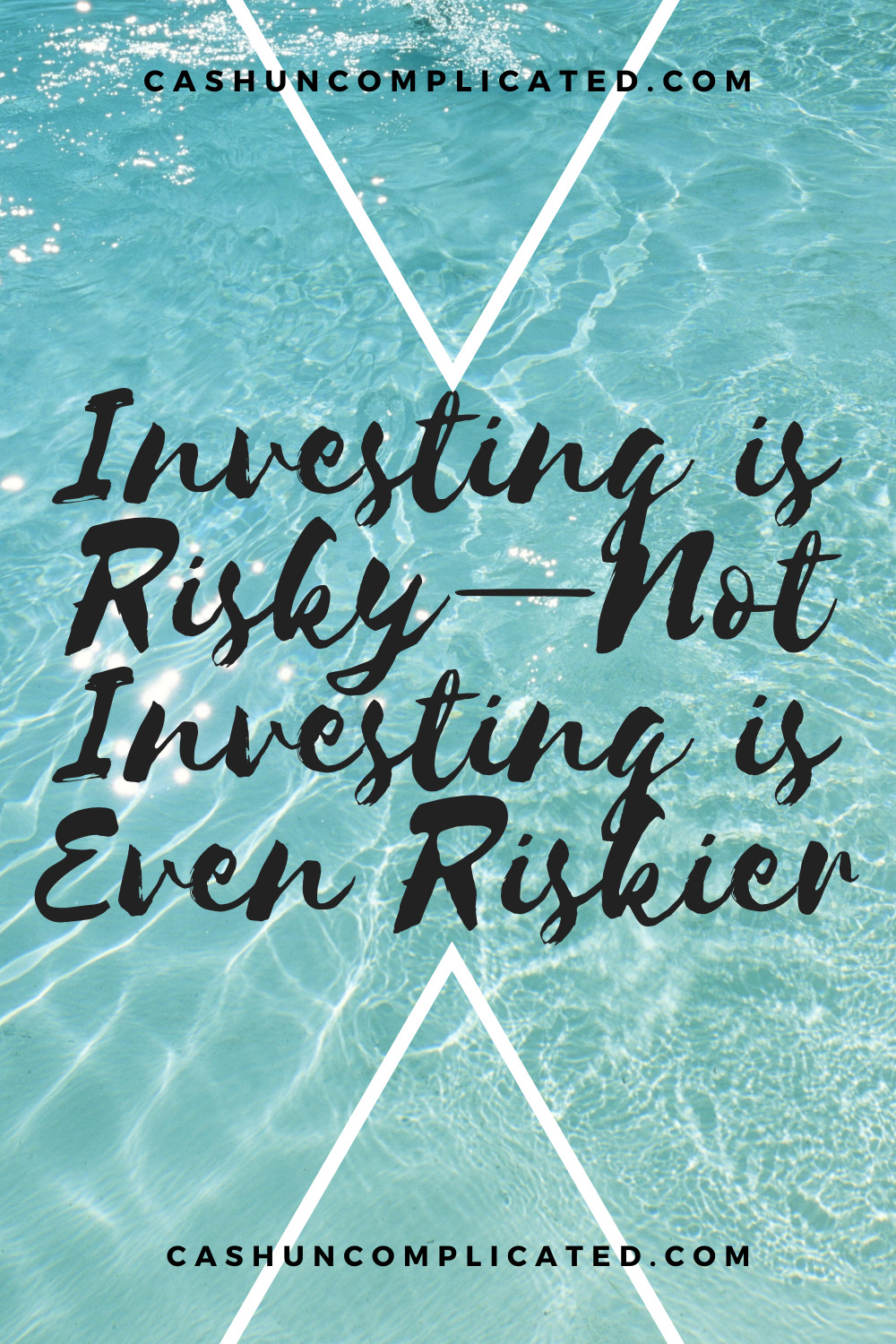In personal finance, it’s easy to play not to lose. Ending each month breaking even or a little bit ahead can feel like a win because nothing “bad” happened financially. There’s an illusion that as long as we’re paying our bills and staying out of debt, everything is fine.
What if we changed our mindset to aggressively try and “win” with our personal finances? No more being satisfied with just breaking even, or staying out of debt. Yes, we want to stay out of debt, but we also want to get ahead by investing each month, saving in an emergency fund, saving for things we value, and much more.
Being aggressive with our finances is about being intentional. It’s saying: “I work hard, and I’m going to have something to show for it financially.” Being aggressive and intentional with our finances means we are acknowledging and respecting the work we do, and translating that hard work into financial progress.
It doesn’t matter if you’re working a conventional job, own your own business, or do freelance work—the same principle applies.
I’m not sure how it happened, but I see this a lot in the personal finance space. Go to work, earn money, spend that money, break even, and then repeat the process month after month. Those months turn into years, and those years turn into your life. I don’t understand how this became accepted as normal.
So what does it mean to be aggressive with our finances? Does it mean we should take half of our paycheck to Vegas and bet it on one hand of blackjack? Or pull out $20,000 from our savings and put it in an obscure stock a friend of a friend tells us about?
There’s a difference between being aggressive and taking unnecessary risk. Aggressive is being intentional with our money and investing at least 10 percent of our monthly income in an asset. Ideally more. Taking unnecessary risk is often equated with “get rich quick” or something that sounds too good to be true.
You can be aggressive and become financially independent slowly. They are not mutually exclusive. A dual-income household investing 10 percent of their $8,000 per month salary is $800. That money invested over 20 years at a 10 percent rate of return equals $604,824. Over 30 years that comes out to $1,737,057.
If that same household increases their contribution amount to 20 percent, that’s $1,209,648 over 20 years using the same numbers as above. Using the same numbers over 30 years, this same family will have an astounding $3,474,114. Of course there’s no way of predicting what inflation will do to our money over the years, but I’d sure rather have almost $3.5 million than not have it.
If this same family wants to get even more aggressive and invest 30 percent of their income, they’d have $1,814,472 after 20 years and a hefty sum of $5,211,170 after 30 years. That’s a lot of money.
We can go through the numbers of investing 40, 50, 60, and even 70 percent of our income, but you get the picture. The more aggressively you contribute to your investments, the more money you will have after a set amount of years. There are people in the FIRE (Financial Independence Retire Early) community who actually do save 70 percent or more of their income, so it is achievable.
As written about earlier, aggressively investing and obtaining financial freedom slowly are not mutually exclusive. You can also aggressively invest and become financial independent quickly. Everyone’s circumstances are different; the key is to invest aggressively and play to win.
It’s easy to get busy and kind of let life happen to us. Go to work, make money, spend money, and break even. Or worse, get into debt and have large parts of your paycheck go to the creditor. It’s important to hit the pause button and think about how we’re handling our money. If you’re already playing to win, great. If not, maybe it’s time to change your mindset and strategy.
Do you play to win with your personal finances?








